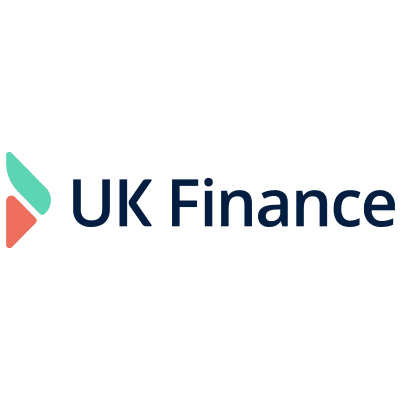Asset Refinance
Asset refinancing is a way to open up some cash that could be tied up in things your business owns. It is an agreement where you sell the asset to your financing company for a price that is based on the current value of the asset. You then repay the amount loaned to you in instalments over a set amount of time.
Through this process, you temporarily transfer ownership of said asset to the funder (though you still retain it enough to use it as usual for business). This means that if you, for any reason, cannot keep up the repayments of the amount then the funder may use the asset towards settling remaining sums due under the facility. This is also essentially like taking out a secured loan where you offer assets as collateral.
When you have fully repaid your borrowed amount plus any fees associated with the finance facility , you regain ownership of the asset.
For information on finance agreements for equipment you want to acquire, see Asset Finance.
What assets can be refinanced?
A little known fact about refinancing is that not only tangible assets are eligible. Anything that your business owns and that has value can potentially be used. Agricultural equipment, manufacturing and construction machinery, and vehicles all count as obviously tangible assets, but intangible assets can be used too with some funders. These are items of value to your business that can’t necessarily be touched.
For example, you may have vital computer systems in place that are instrumental in the day-to-day running of your business. Losing these would mean your business couldn’t run as efficiently, thus they have value.
Other intangibles include software or licensing that is attached to your business, and even your business’s branding (provided you own this outright).
Pros and cons of refinancing
Advantages
Disadvantages
Requirements for refinancing
Potential funders will need to know specific information about the asset you want to refinance. This is so they can accurately assess its value and come to an agreement on how much money they can offer you.
Usually the kind of information they want is the make and model of the asset (for equipment and vehicles), when it was manufactured, its usage (either in hours or miles), and your proof of purchase.
In some cases, refinancing is useful for businesses who have a lower credit rating or those that do not want to provide a personal guarantee. If your business is new to trading, this is an option you can consider too.
More specific requirements will vary between funders. We will work with you to find the most suitable solution for your business.
Get in touch
To explore refinancing options for your business, fill in our quick form below to arrange a call with one of our expert consultants. Alternatively, feel free to call us directly.





